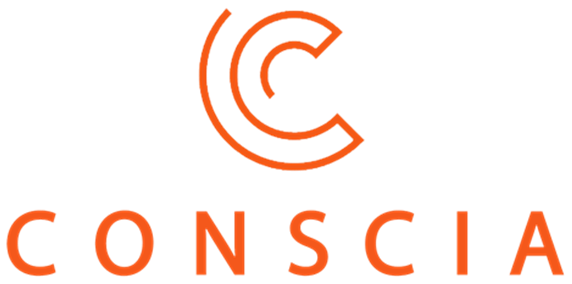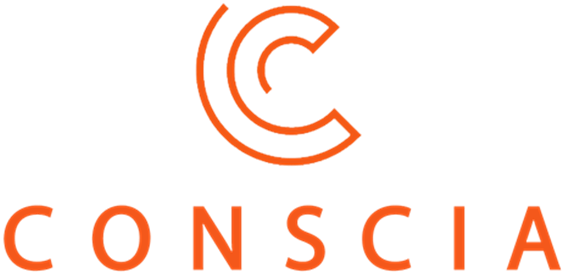The Job Interview Survival Guide 2023
Although the basic tenets of interview preparation—timeliness, appropriate attire, and thorough research—remain consistent, there have been notable advancements in this area. The digital realm is in a constant state of flux, and candidates must continually adapt to make a lasting impression on interviewers who now expect a higher level of preparedness.
Research Online
Compared to the past, candidates now have unparalleled access to information about potential employers. However, this has raised the bar for interviewees. With a plethora of resources available, there is no excuse for not being well-versed in the company you are interviewing with.
The company’s website is typically the first stop for candidates, offering vital details about its operations and approach. While this has been the norm for some time, it is now considered the bare minimum. To truly impress employers, candidates should dig deeper, exploring beyond the standard “About Us” page.
Get Social!
In addition to exploring a company’s website, candidates have an array of social media platforms at their disposal. Besides checking Facebook, Instagram, and Twitter, LinkedIn can provide valuable insights into the company’s size and structure.
LinkedIn even allows you to research the individuals who will be interviewing you. Prior to the meeting, you can familiarize yourself with their appearance, job titles, and professional backgrounds. Additionally, you can look for mutual connections and referrals, enabling you to establish common ground and ask targeted questions.
Another valuable resource is Glassdoor, which offers insights into the company’s culture and helps you envision your fit within the organization.
Turn the Tables
With a wealth of information just a few clicks away, it is essential to prepare thoughtful questions for the interviewers. Beyond demonstrating enthusiasm and interest, asking questions allows you to gather more information about the role and the company. Remember, the interview is a two-way street, and finding the right fit is as crucial for you as it is for the employer. Thoughtful questions also allow you to delve deeper into the research you conducted earlier.
For instance, if you thoroughly researched and analyzed a company’s welcome promotion but it hasn’t been discussed yet, you can ask, “I noticed that you offer a 10% discount to new customers after they spend a certain amount. How is this promotion performing currently, and have you ever explored alternative approaches?” This level of preparation will set you apart from other candidates.
Dress for Success
A personal anecdote illustrates the significance of attire. My brother, an experienced electrician who has never worn a suit in his life, approached me for advice before an interview with a larger company. Initially resistant to the idea, he eventually heeded my suggestion to wear a suit. Interestingly, out of the seven candidates he knew who interviewed for the role, only two were successful—and they were the only ones wearing suits.
Candidates often inquire about dress codes before interviews. While many companies operate in a casual environment, it is never outdated to wear a suit unless explicitly instructed otherwise by HR or your recruiter. First impressions still matter, and erring on the side of professionalism is advisable.
Share this post






